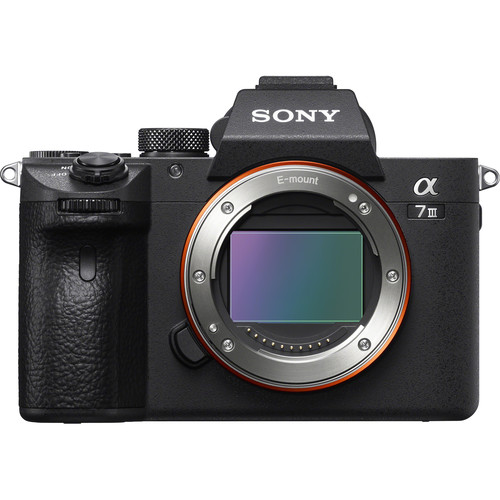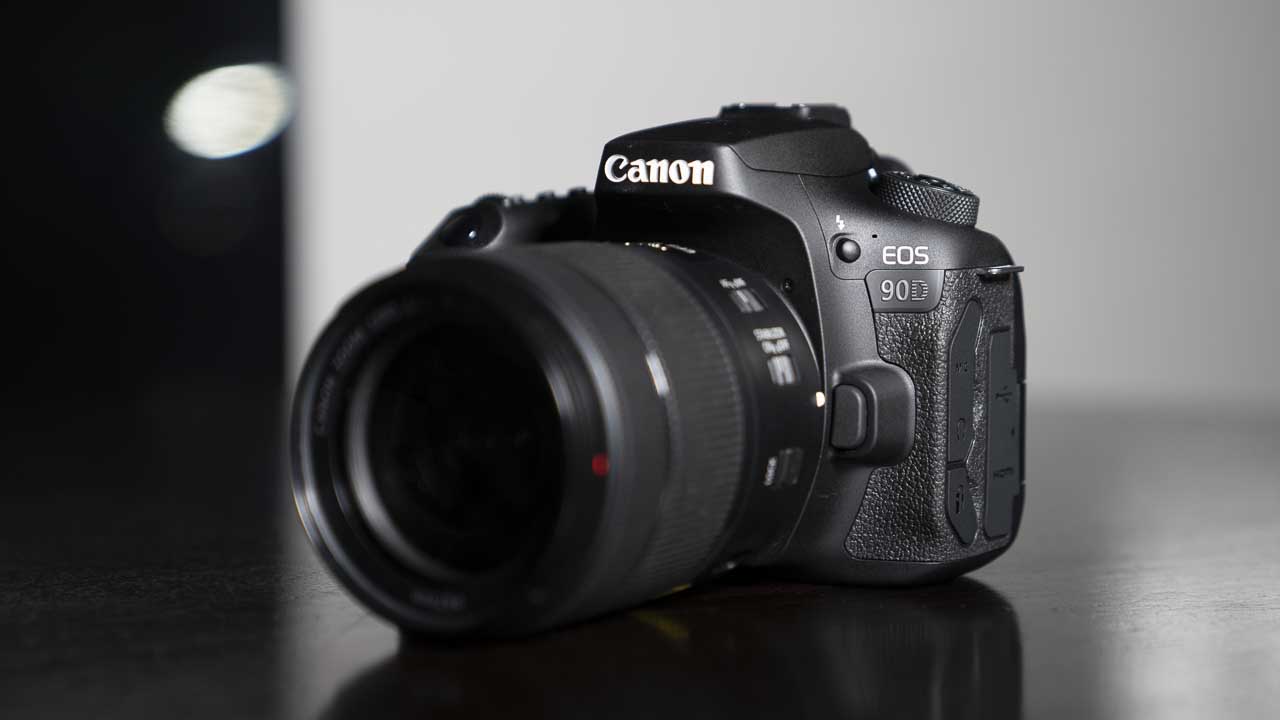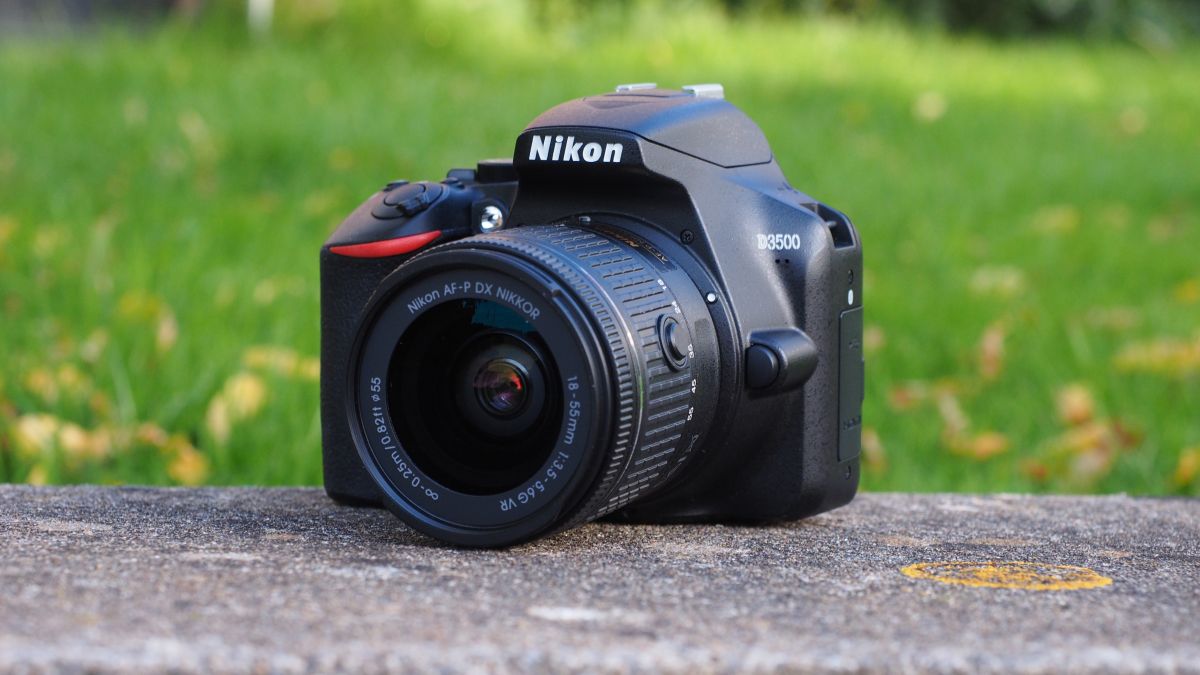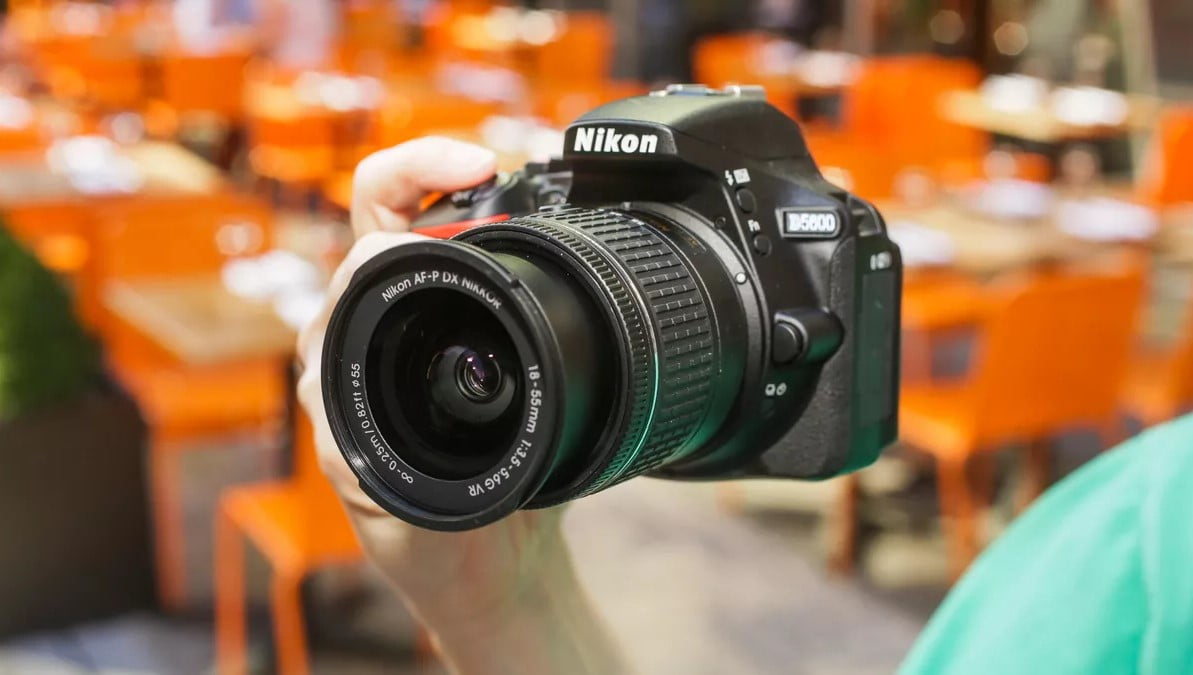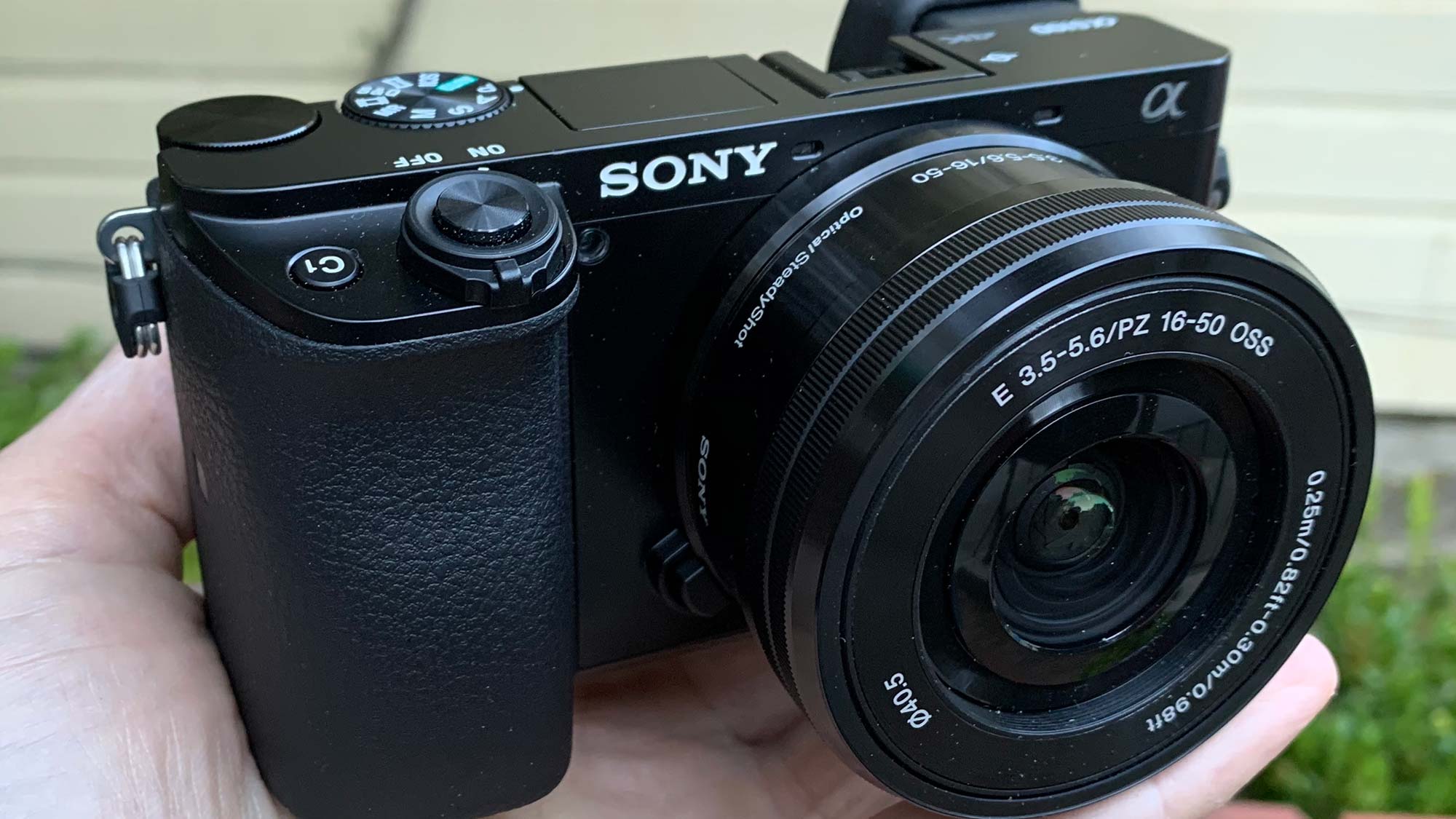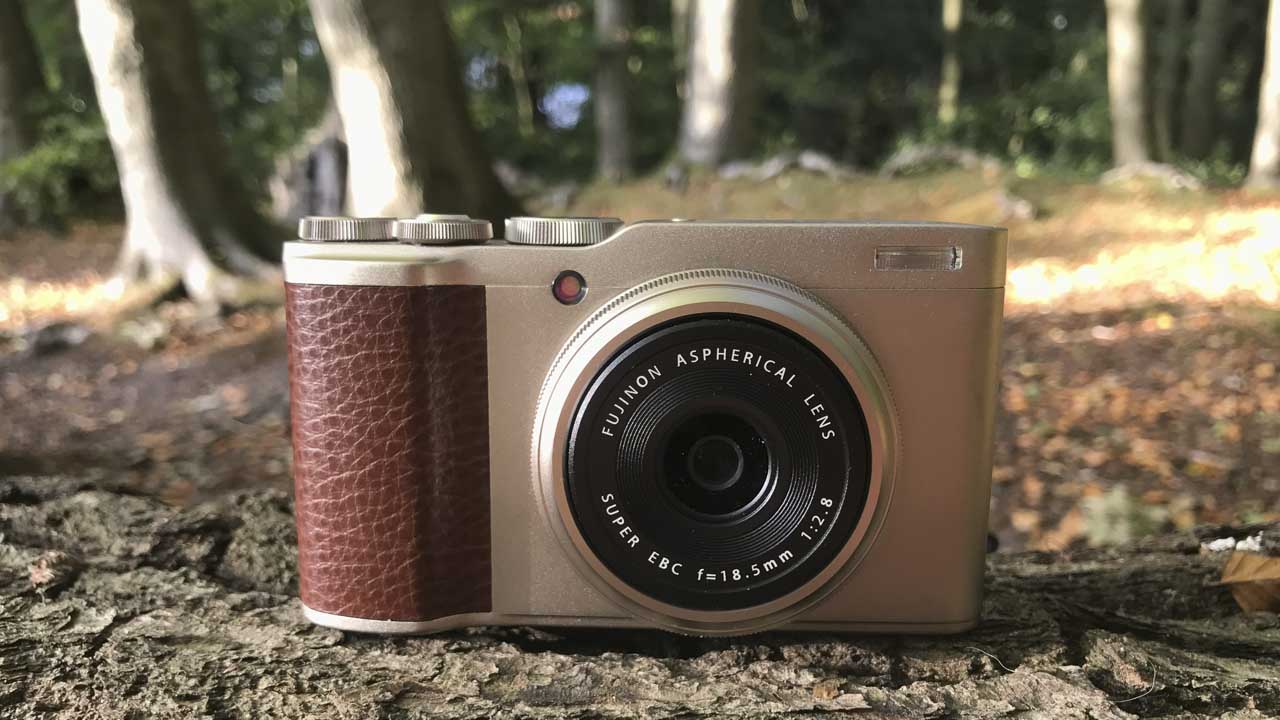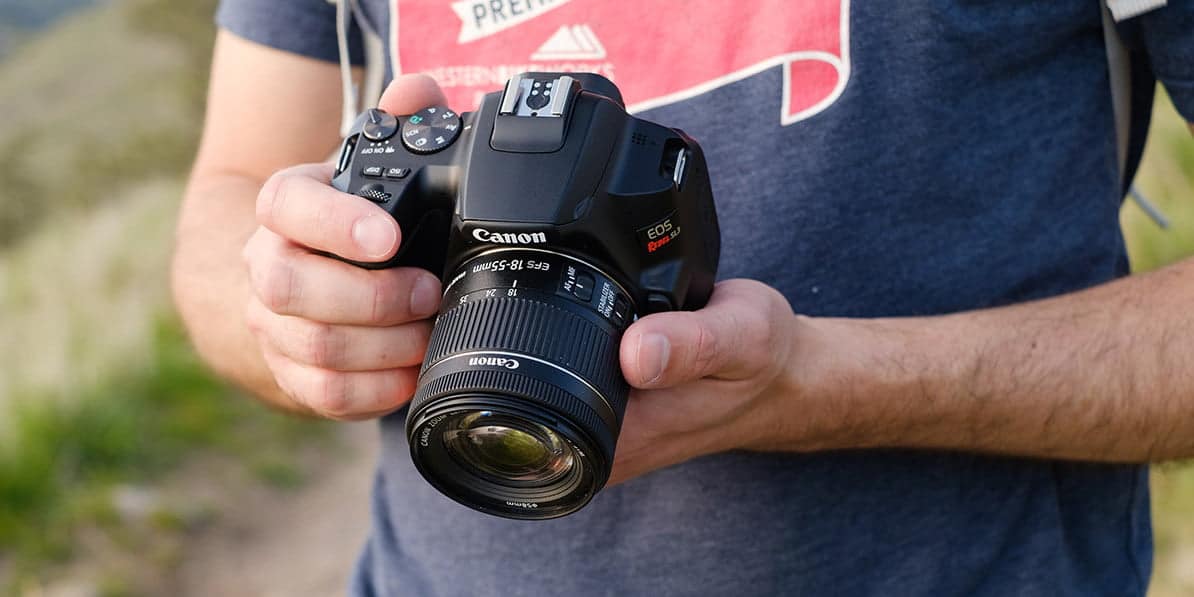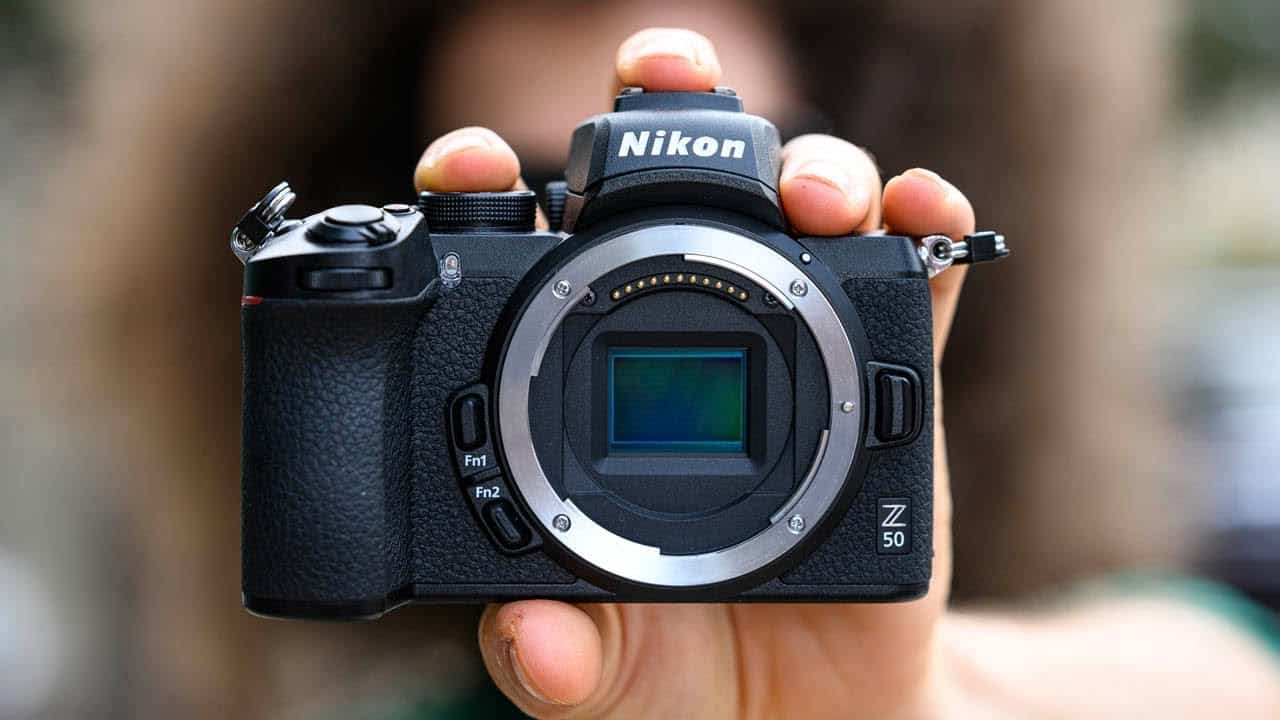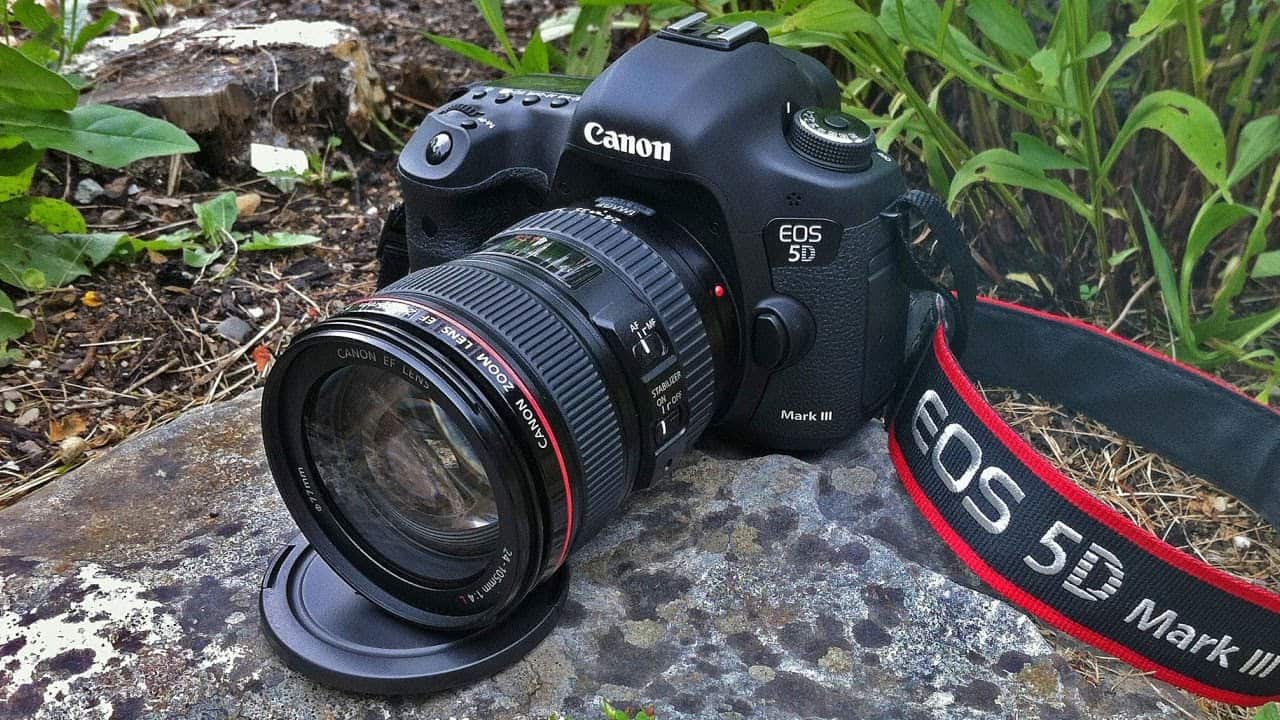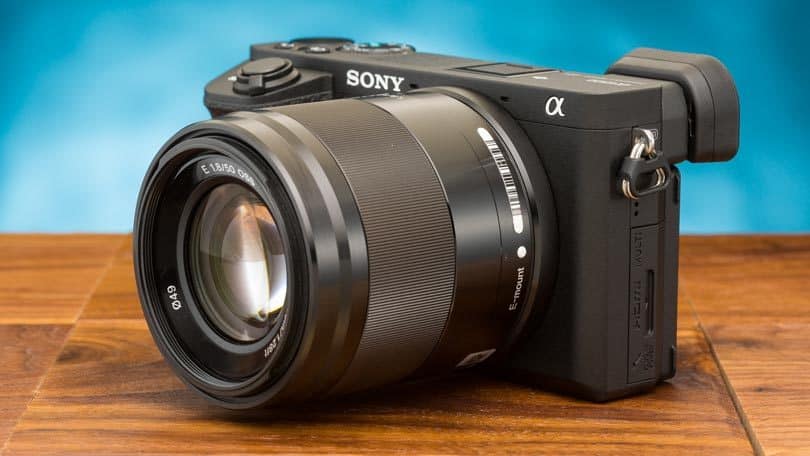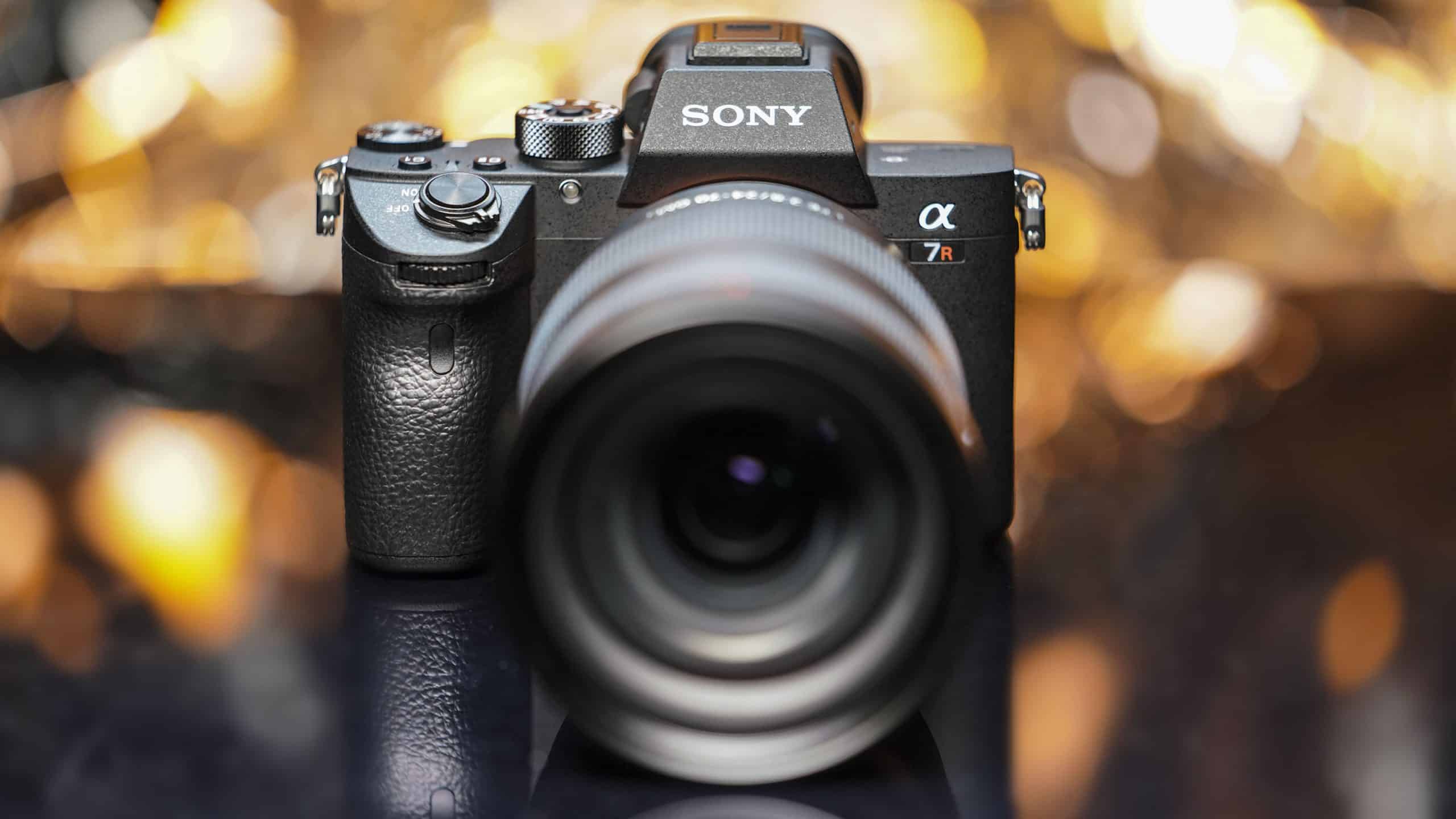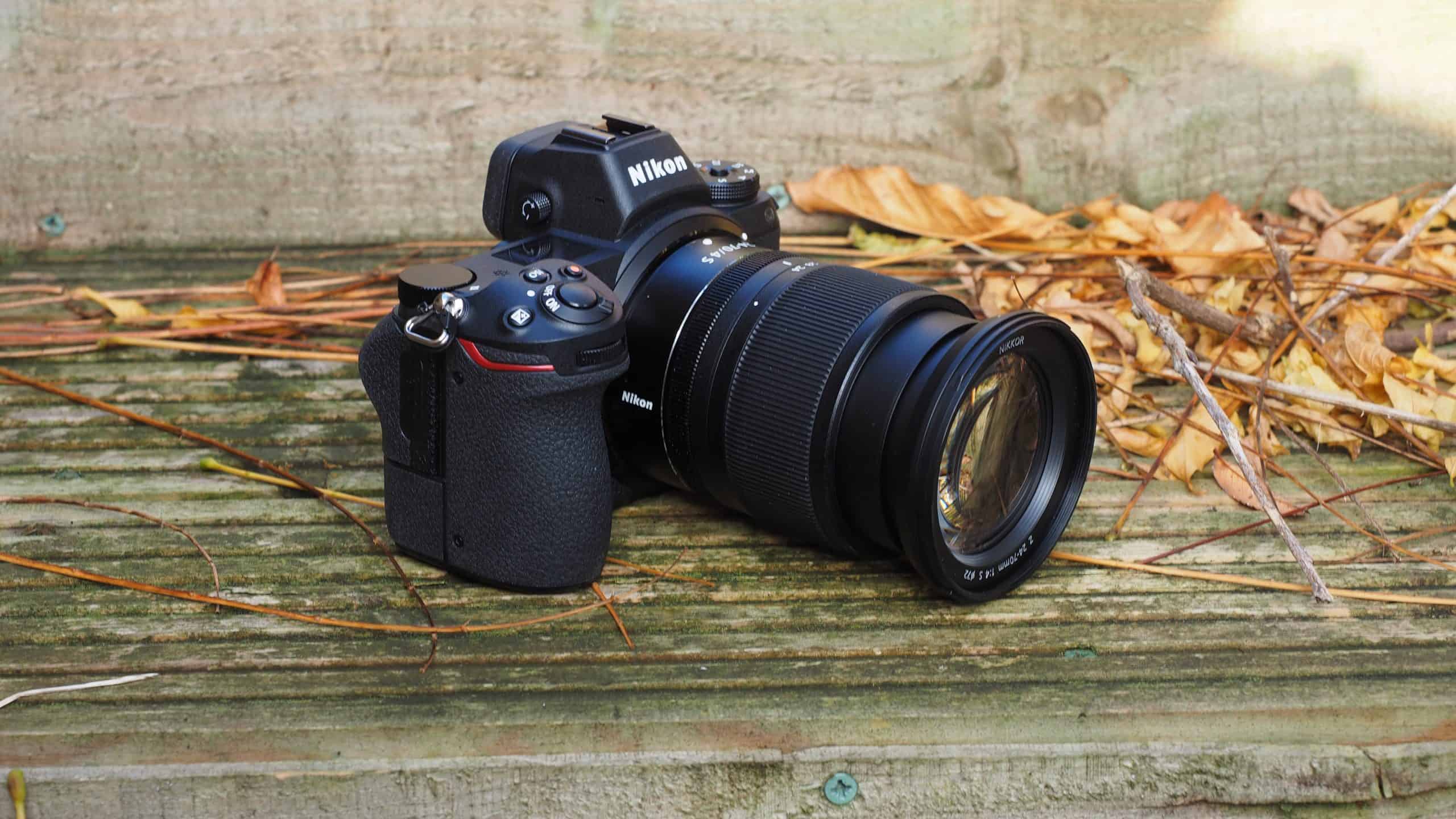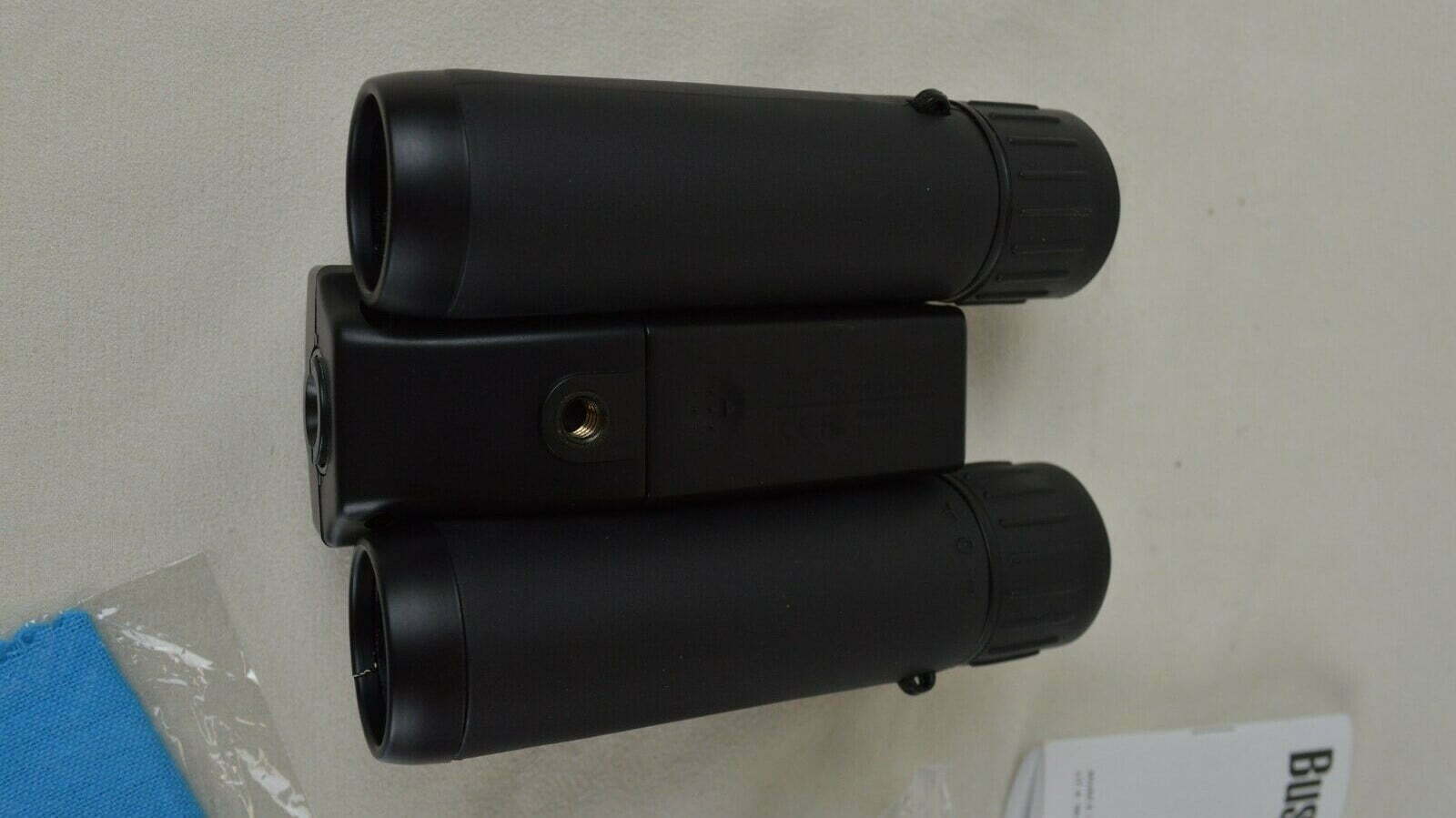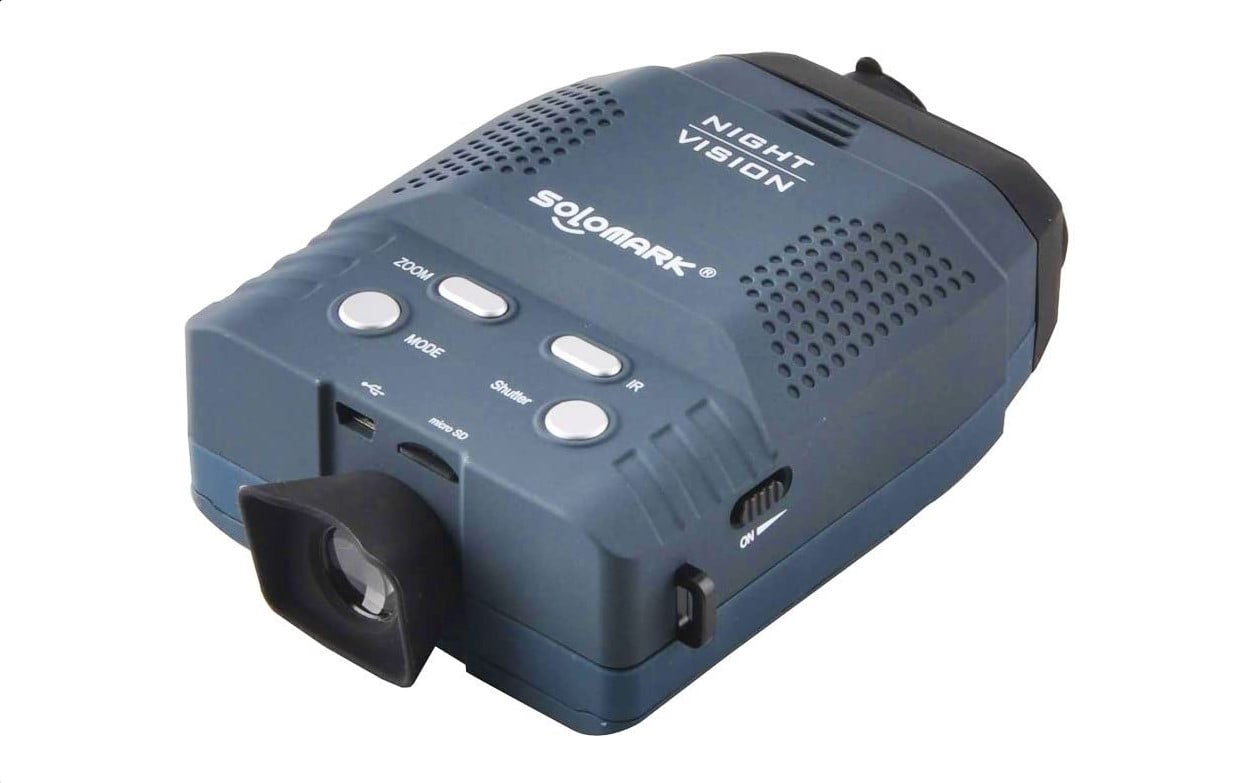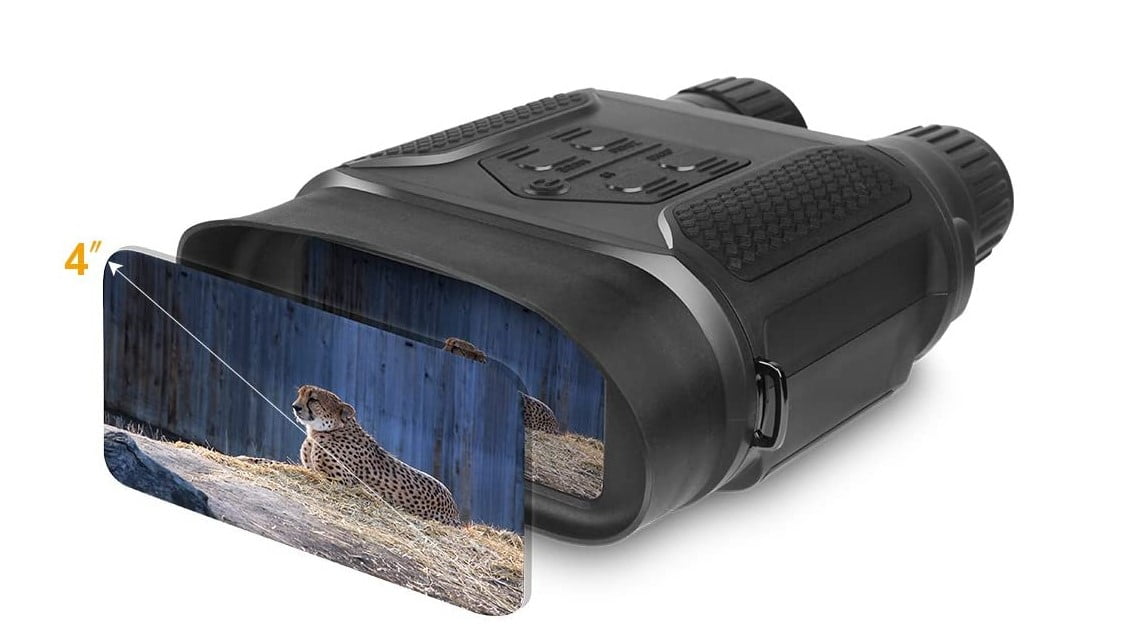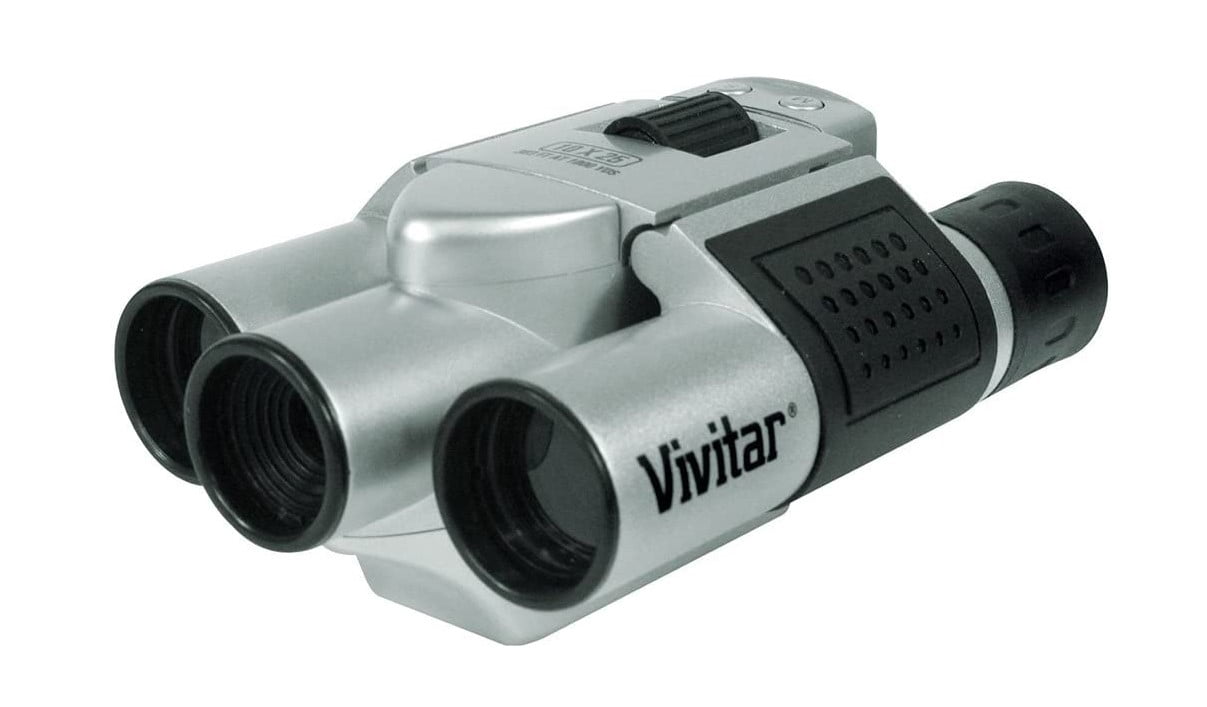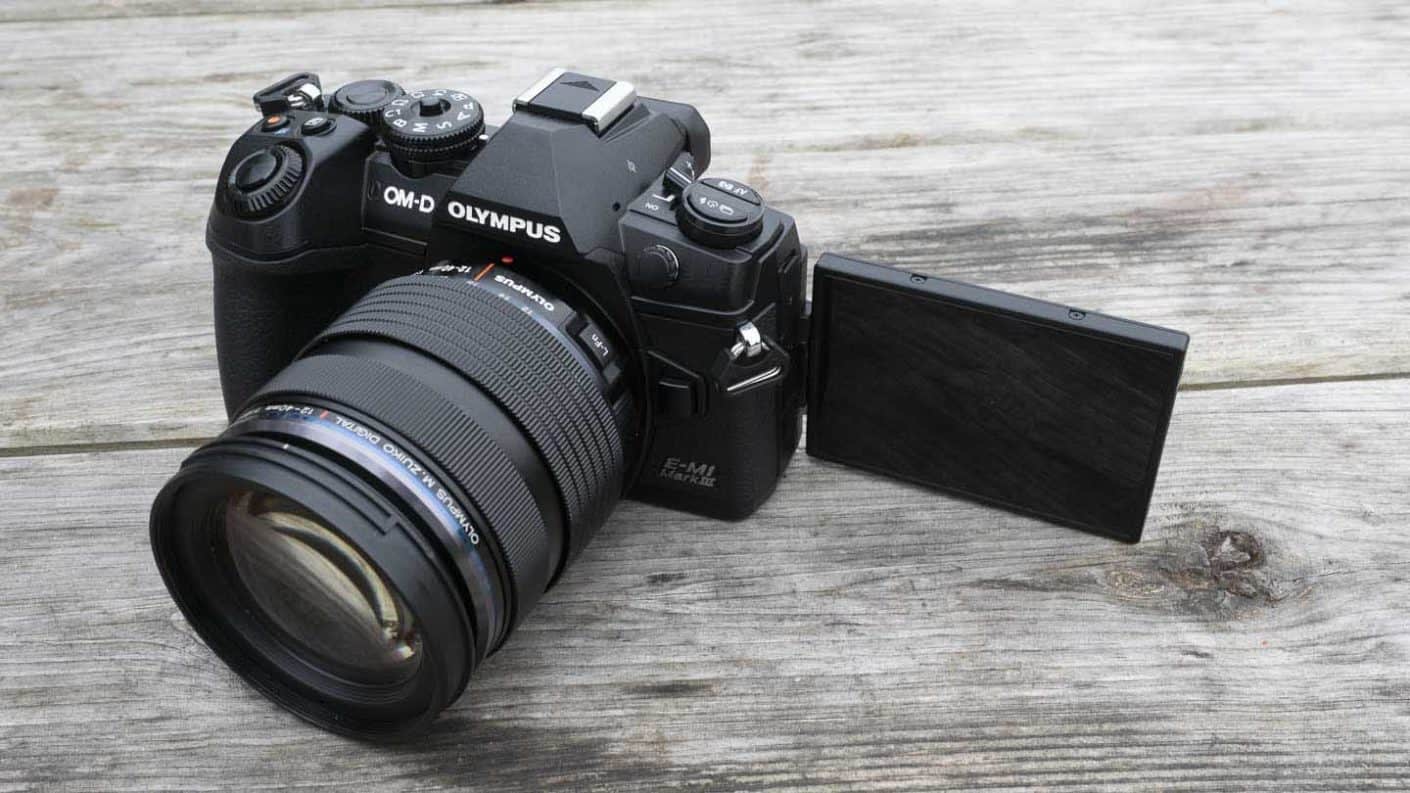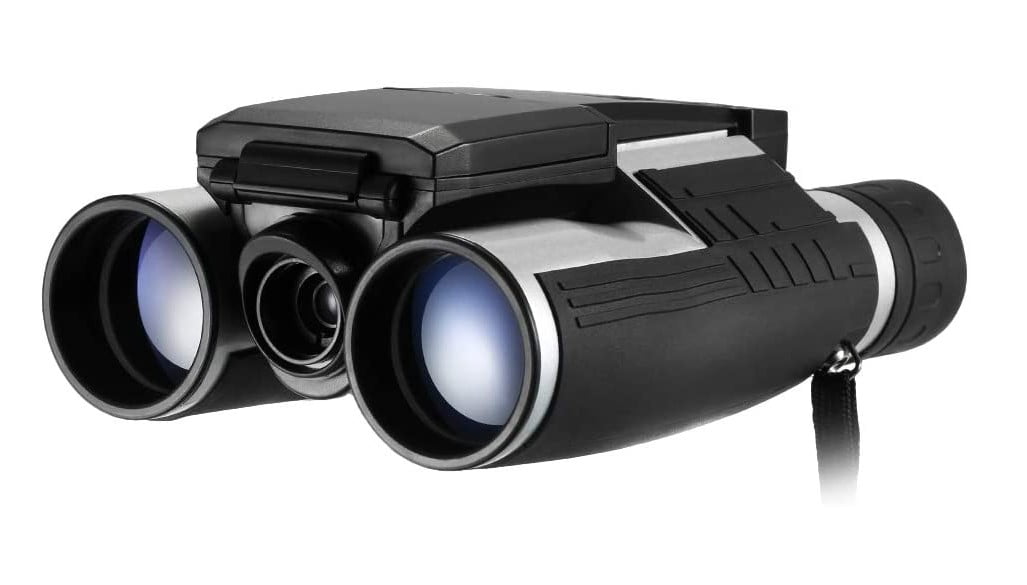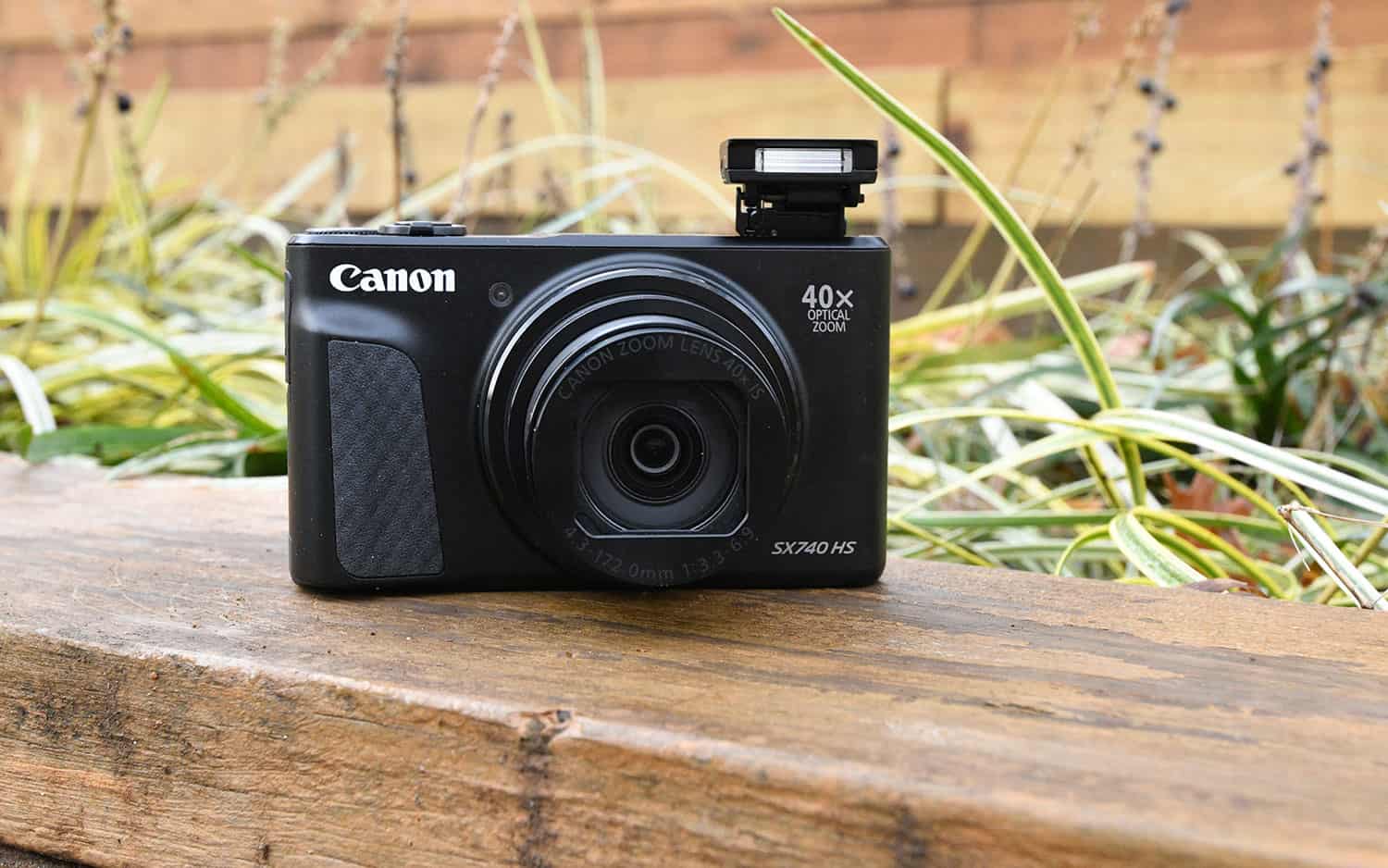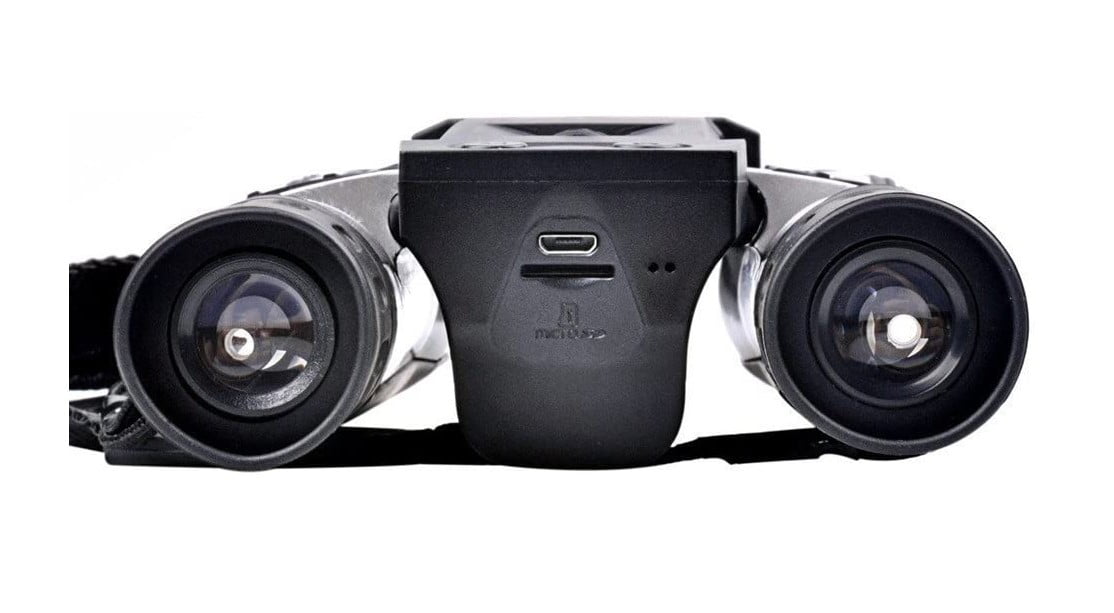If you’ve begun shopping for the photo-enthusiast in your life, you may be comparing DSLR vs compact digital cameras. The best digital cameras typically fall into one of the aforementioned categories, after all. Keep reading to learn the differences between the two camera types.
KEY TAKEAWAYS:
- When it comes to image quality and performance, Digital SLR (DSLR) cameras have the edge over compact cameras, as the former is made for professionals and the latter is more for amateurs.
- Compact cameras tend to be much cheaper, more durable, and easier to use than DSLR cameras, adding to their usefulness for amateurs.
- DSLR cameras integrate with photo-enhancing accessories and feature larger image sensors than compact cameras.
Differences Between DSLR and Compact Digital Cameras
The main difference between the two is what type of consumer they are marketed towards. DSLR cameras, otherwise known as digital SLR cameras or digital single-lens reflex cameras, are intended for use by professional photographers above an amateur level. Whereas compact cameras, otherwise known as point-and-shoot cameras, are for those new to photography. In other words, the differences in design are rather stark, such as when comparing a flip camera vs a digital camera.
Here are some more of the key differences between DSLR and compact cameras.
Insider Tip
Compact cameras tend to be more durable, so they can take an accidental drop or two.
Image Sensors and Quality
There is no way around it. Most DSLR cameras will take a much better image than a standard compact camera. This is due to a number of factors that all stem from the fact that DSLR cameras feature larger image sensors that provide a better depth of field, faster shutter speed, a dynamic range, a wide aperture, and other image-enhancing features. The end result? The larger sensors found on a camera such as the Canon EOS create a better image quality, thus they are used more by professional photographers. If you are a pro looking to fine-tune your process, try considering a digital SLR camera vs a mirrorless model.
Simplicity
Due to the advanced features available with a DSLR camera, compact cameras are much easier to use by amateurs. They are point-and-click cameras, after all. Compact cameras tend to feature bright electronic viewfinders, as an easy-to-see optical viewfinder helps amateurs capture shots quickly. There are typically multiple automatic modes on offer, for simplicity, though they may lack manual control.
Cost and Durability
Compact cameras are much cheaper than DSLR cameras. You get what you pay for, in other words. Point-and-click cameras are made for amateurs and are typically made from inexpensive components. This can be a boon for budget-conscious consumers who are just looking to get started with taking photos. Compact cameras are also typically less sensitive than DSLR cameras, making them slightly more durable.
F.A.Q.S
Will smartphones replace digital cameras and DSLRs?
Maybe? DSLR cameras still have the edge when it comes to professional photography, thanks to an increased depth of field and high-grade electronic viewfinders. Mirrorless cameras, such as some of the Canon EOS line, are still the go-to choice for journalists.
DSLR vs mirrorless cameras: Which is better for you?
They both let you swap out interchangeable lenses and accessories and are both great for professional photographers. In other words, whether you like mirrorless cameras or DSLRs will be up to personal preference.
Are mirrorless lenses really smaller?
Mirrorless camera bodies are certainly smaller than DSLR camera bodies, but sensor size typically correlates to lens size, so there is something of a bottleneck there.
STAT: “Unit total sales of all types of compact cameras declined by 17 percent year on year but increased by 16 percent for cameras having optical zoom greater than 10x.” (source)
REFERENCES:
- https://en.wikipedia.org/wiki/Point-and-shoot_camera
- https://en.wikipedia.org/wiki/Digital_single-lens_reflex_camera
- https://www.wikihow.com/Select-the-Right-Digital-Camerar
- https://www.wikihow.com/Use-a-Digital-Camera-As-a-Web-Cam
- https://www.wikihow.com/Load-Pictures-from-a-Canon-Camera-to-a-PC-Using-Camera















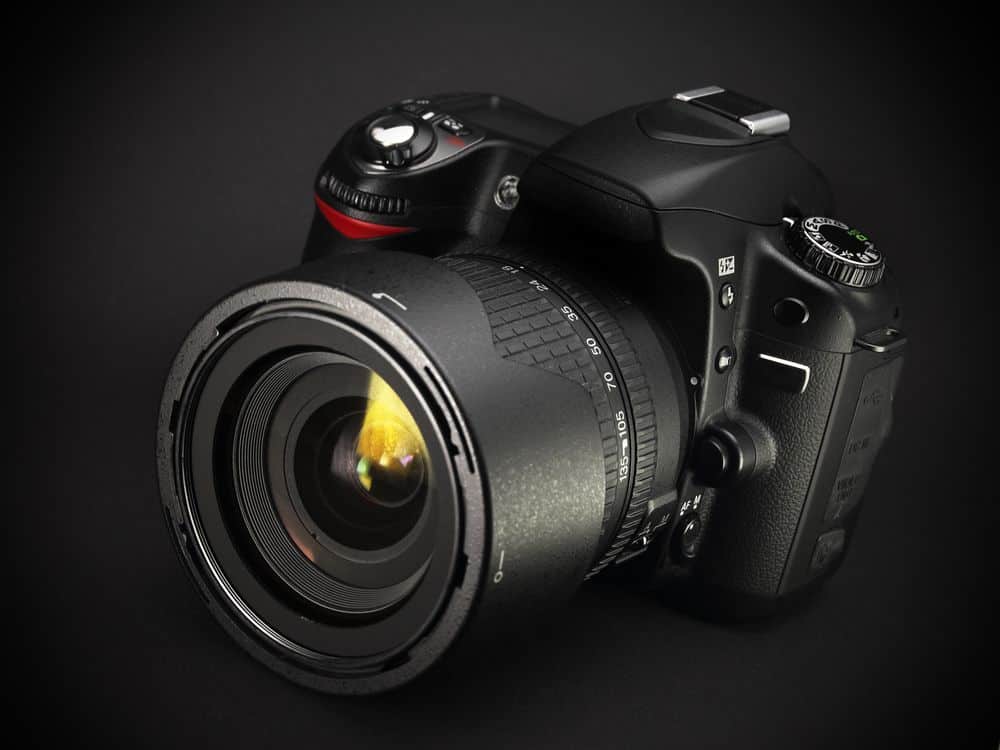
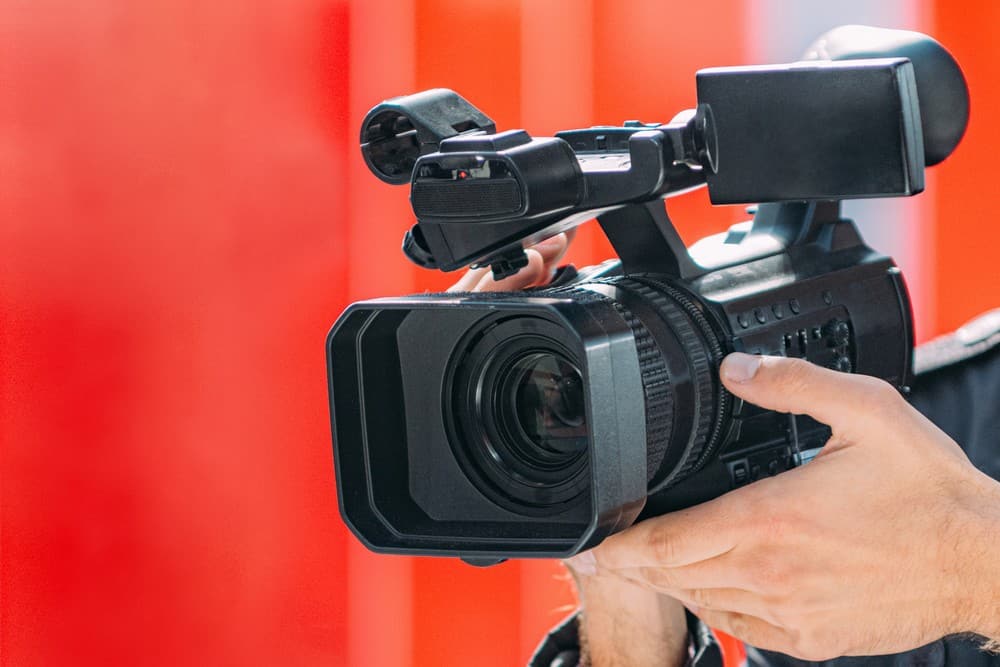
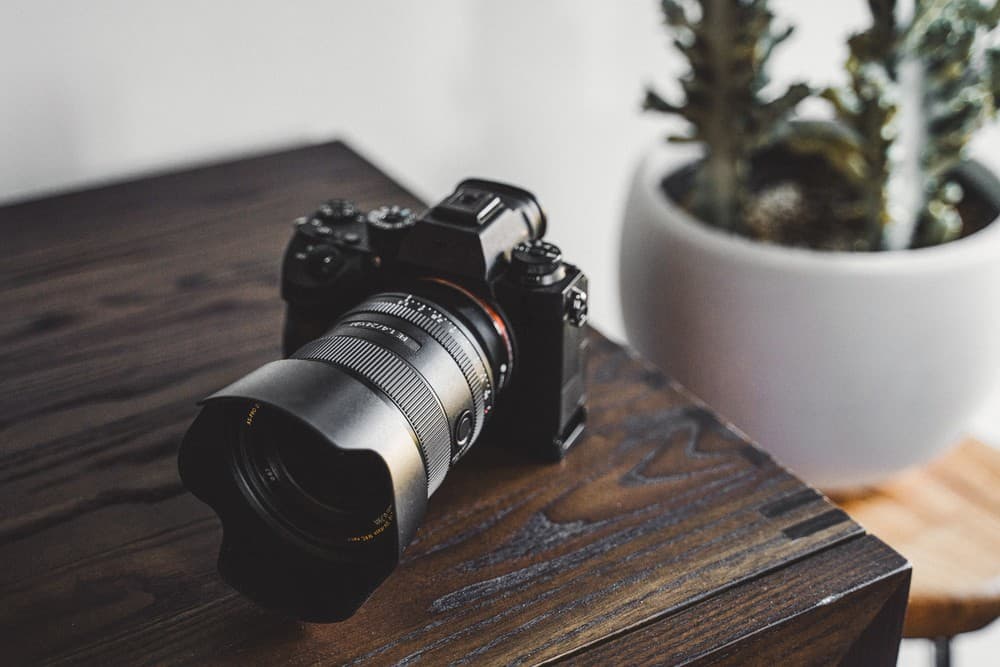
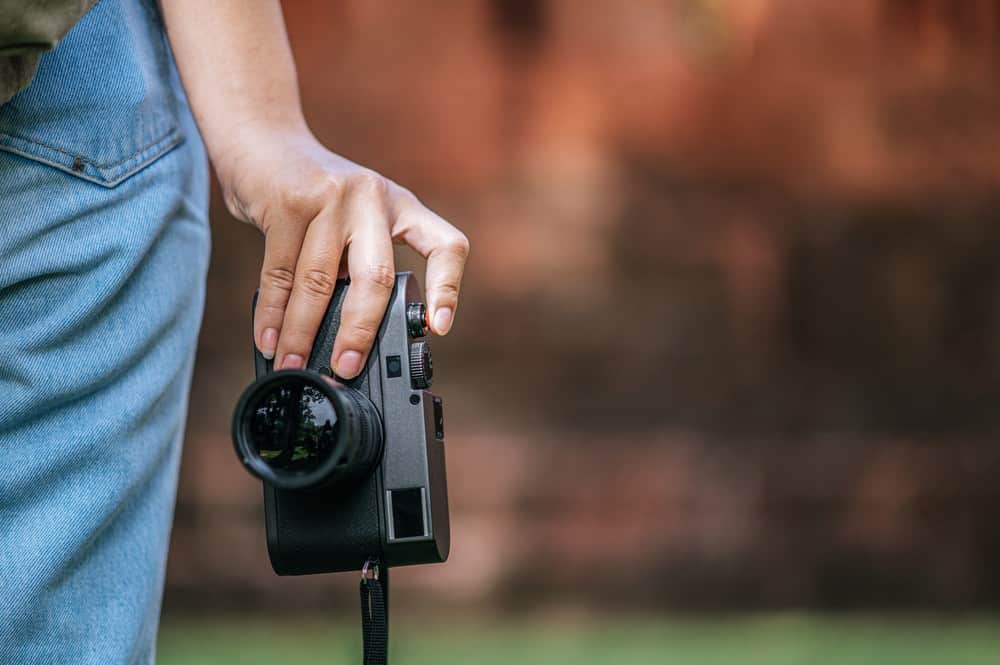
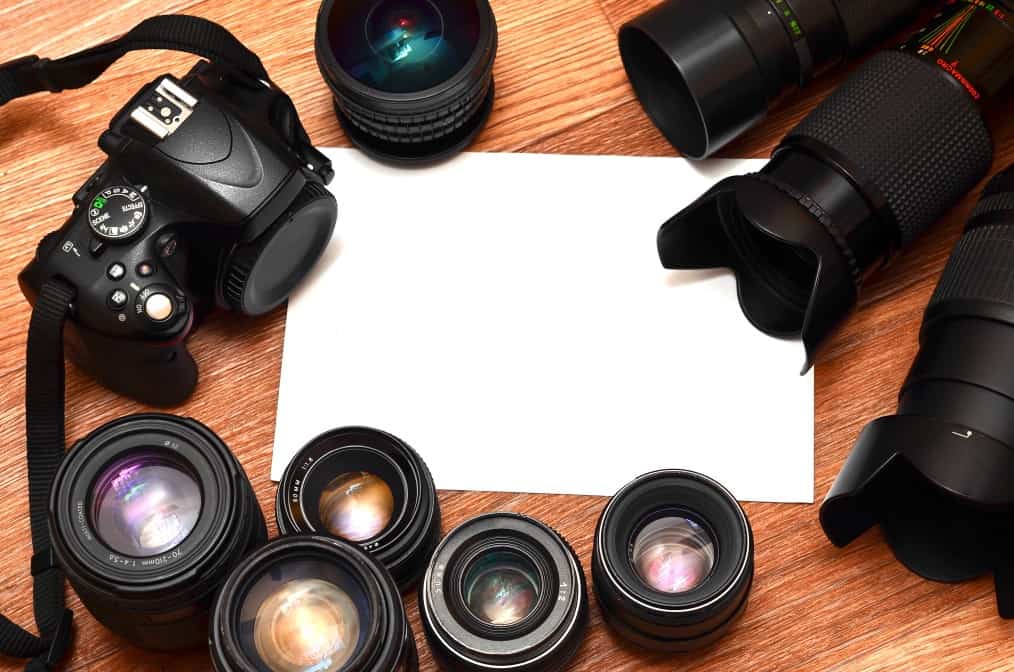
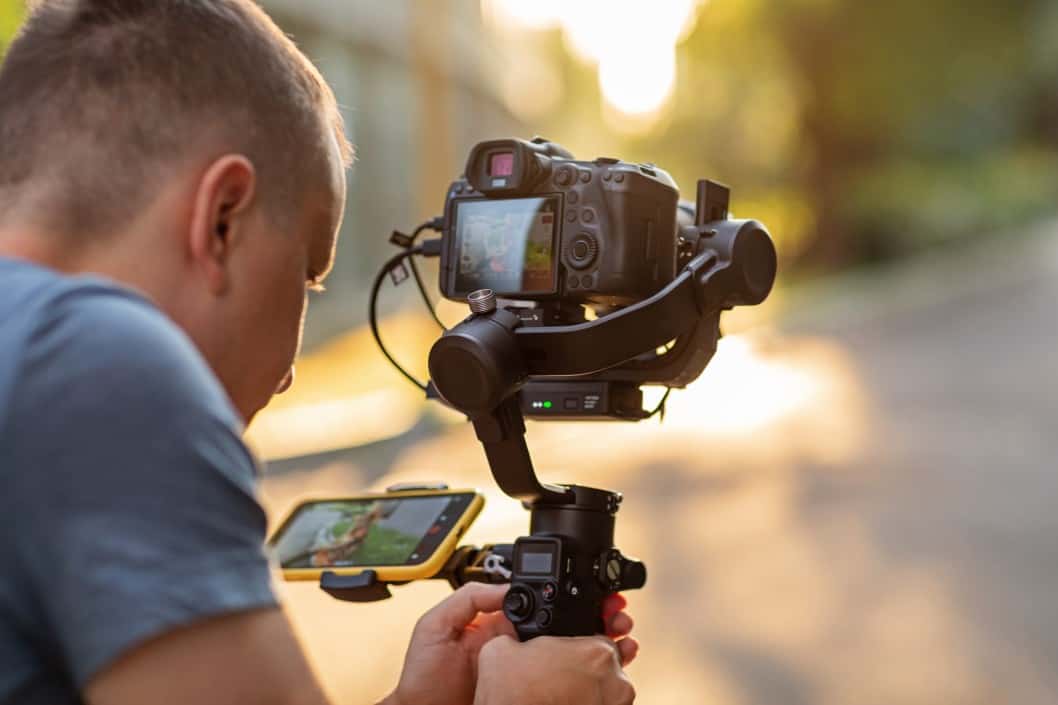
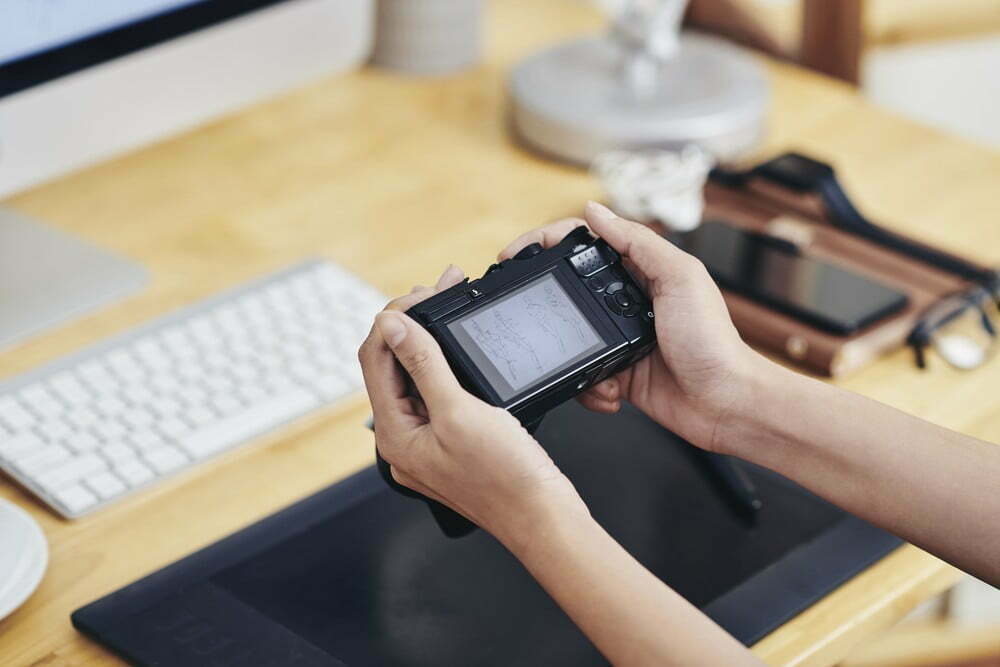

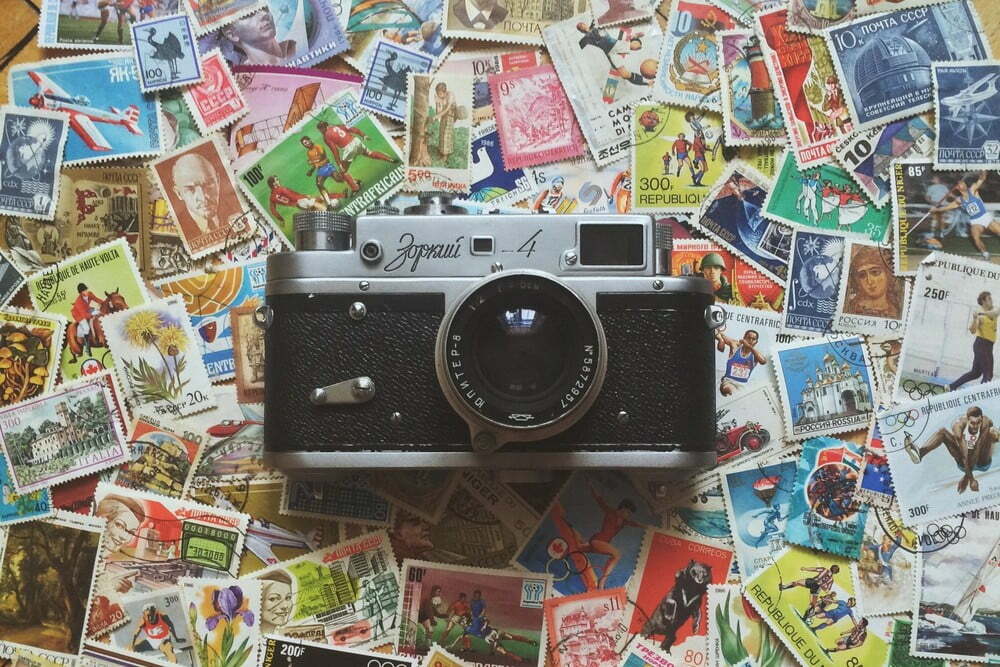



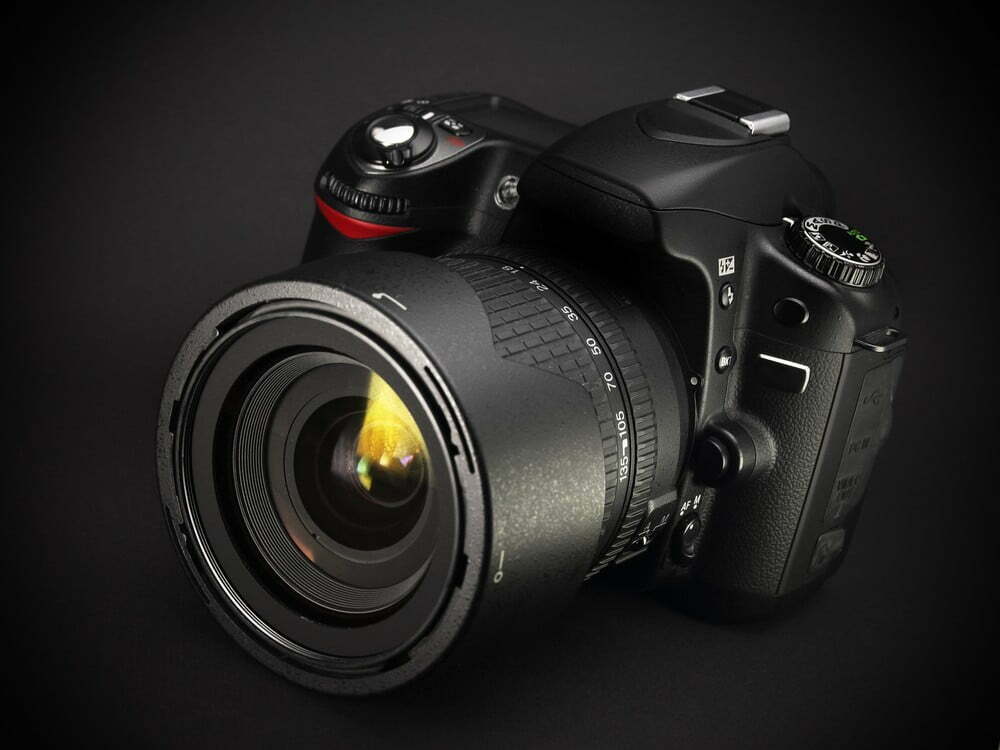
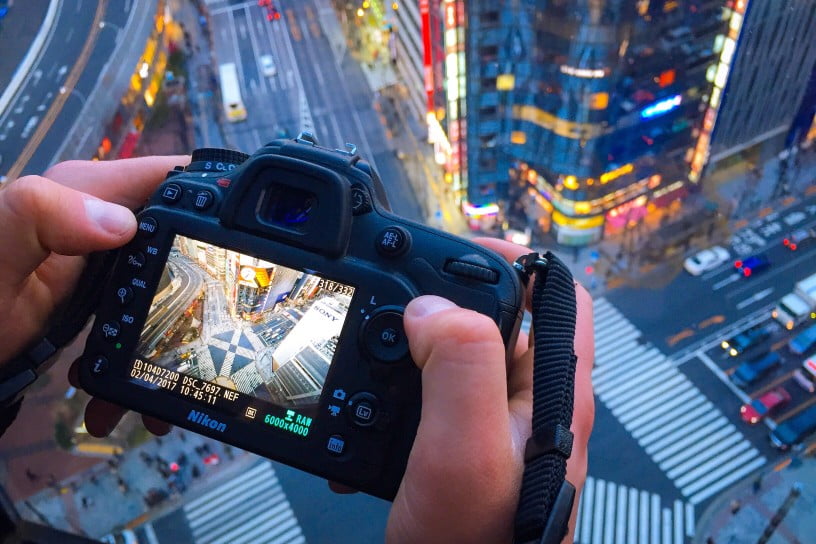

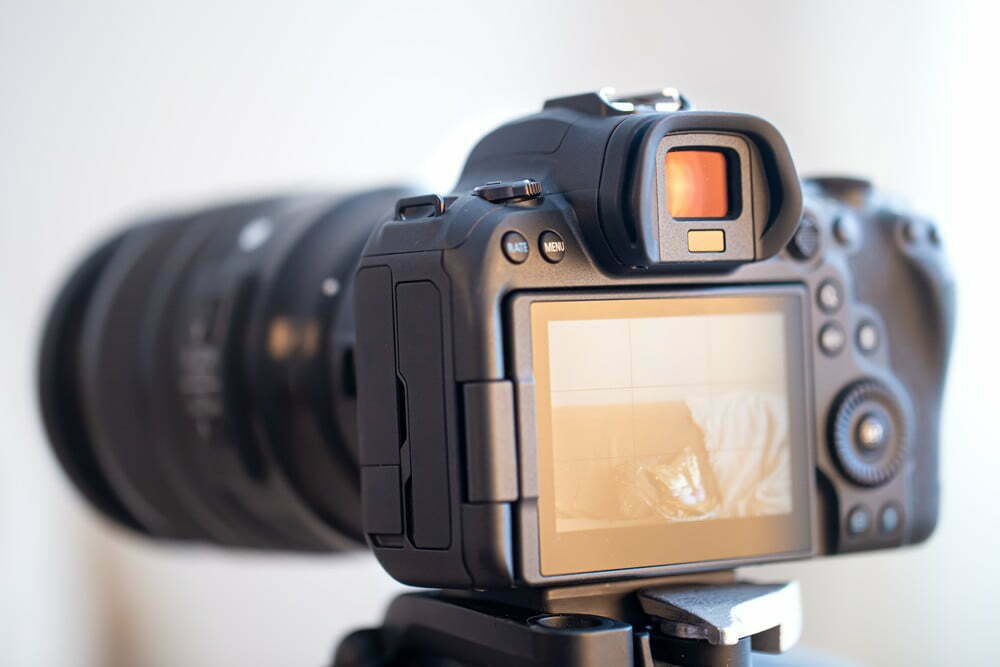
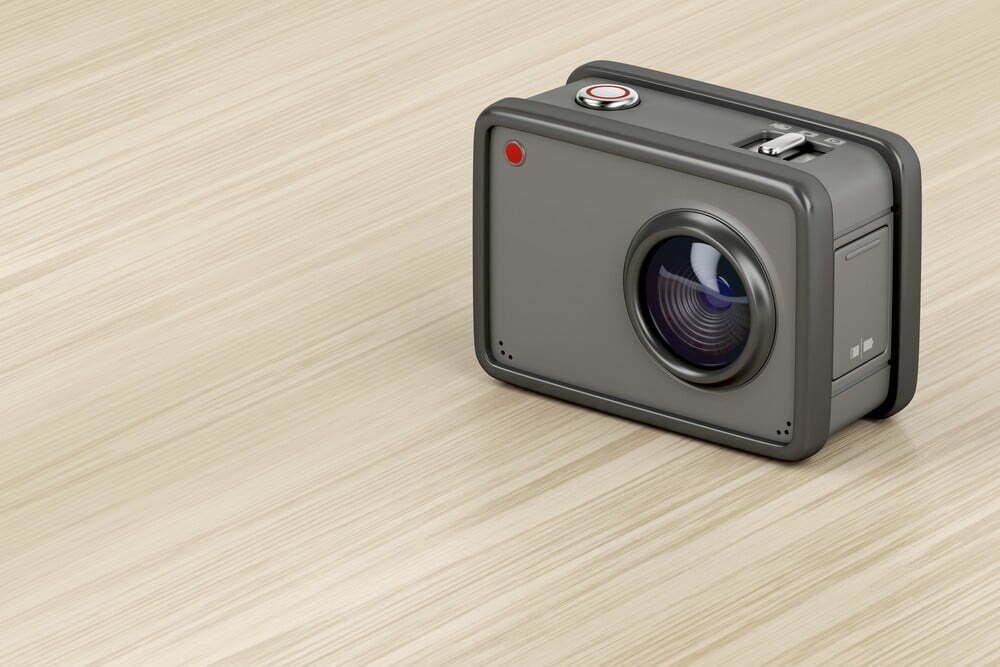

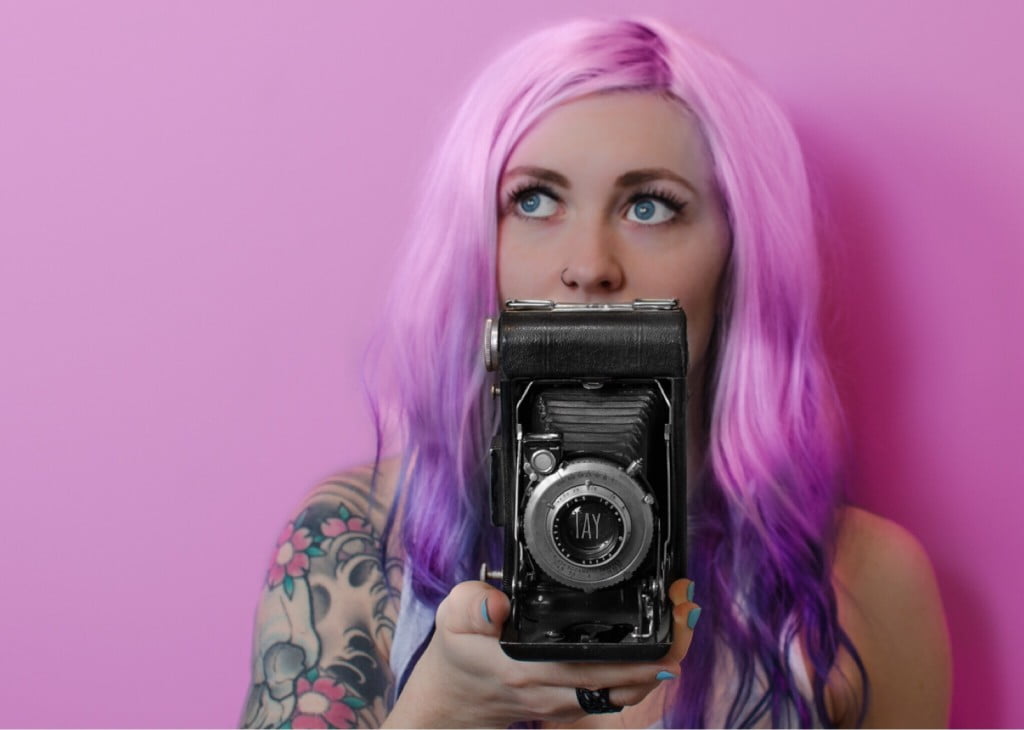
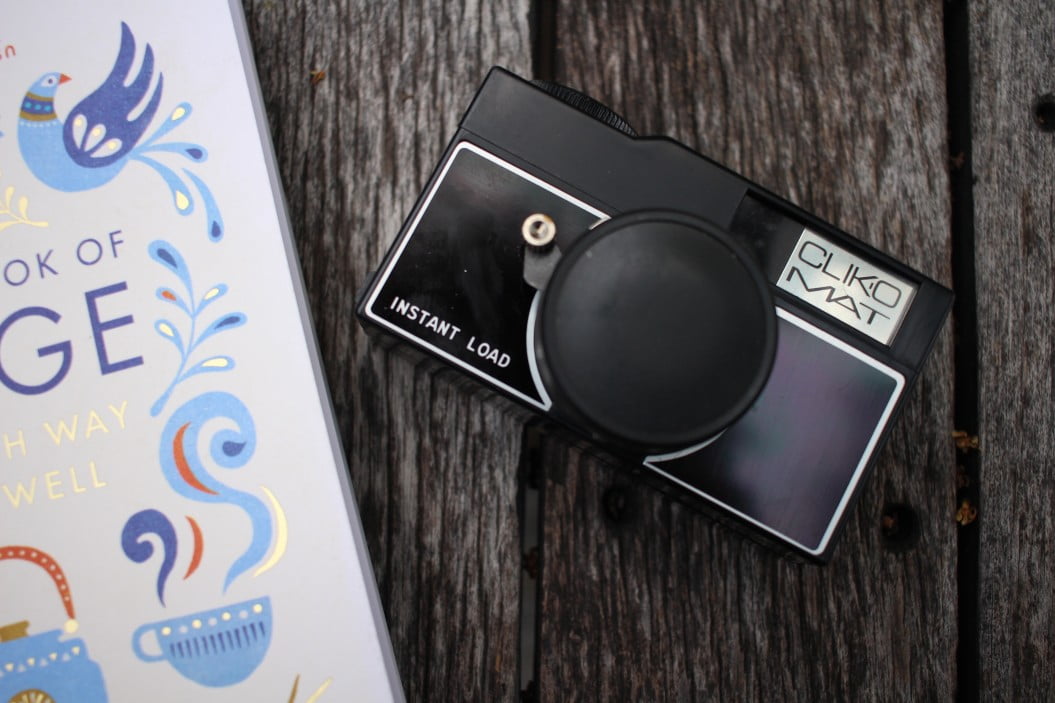
![Best Point and Shoot Camera in [year] ([month] Reviews) 27 Best Point and Shoot Camera in 2025 (March Reviews)](https://www.gadgetreview.dev/wp-content/uploads/Nikon-Coolpix-B500.jpg)
![Best Underwater Camera in [year] ([month] Reviews) 28 Best Underwater Camera in 2025 (March Reviews)](https://www.gadgetreview.dev/wp-content/uploads/best-underwater-camera-image.jpg)
![Best Digital Cameras in [year] ([month] Reviews) 29 Best Digital Cameras in 2025 (March Reviews)](https://www.gadgetreview.dev/wp-content/uploads/what-is-resolution-on-digital-camera-1.jpg)
![Best Digital Camera Docking Stations in [year] 30 Best Digital Camera Docking Stations in 2025](https://www.gadgetreview.dev/wp-content/uploads/best-digital-camera-docking-stations-image.jpg)
![Best Vlogging Camera in [year] ([month] Reviews) 31 Best Vlogging Camera in 2025 (March Reviews)](https://www.gadgetreview.dev/wp-content/uploads/best-vlogging-camera-image.jpg)
![Best Mirrorless Camera in [year] ([month] Reviews) 32 Best Mirrorless Camera in 2025 (March Reviews)](https://www.gadgetreview.dev/wp-content/uploads/best-mirrorless-camera-image.jpg)
![Best GoPro in [year] ([month] Reviews) 33 Best GoPro in 2025 (March Reviews)](https://www.gadgetreview.dev/wp-content/uploads/best-gopro-image.jpg)
![Best Canon Digital Cameras in [year] 34 Best Canon Digital Cameras in 2025](https://www.gadgetreview.dev/wp-content/uploads/best-canon-digital-cameras-image.jpg)
![Best Digital Camera Tripods in [year] 35 Best Digital Camera Tripods in 2025](https://www.gadgetreview.dev/wp-content/uploads/best-digital-camera-tripods-image.jpg)
![Best Polaroid Digital Cameras in [year] 36 Best Polaroid Digital Cameras in 2025](https://www.gadgetreview.dev/wp-content/uploads/best-polaroid-digital-cameras-image.jpg)
![Best Digital Camera USB Cables in [year] 37 Best Digital Camera USB Cables in 2025](https://www.gadgetreview.dev/wp-content/uploads/best-digital-camera-usb-cable-image.jpg)
![Best Small Digital Camera Cases in [year] 38 Best Small Digital Camera Cases in 2025](https://www.gadgetreview.dev/wp-content/uploads/best-small-digital-camera-case-image.jpg)
![Best Digital Camera Bags in [year] 39 Best Digital Camera Bags in 2025](https://www.gadgetreview.dev/wp-content/uploads/best-digital-camera-bag-image.jpg)
![Best Sony Digital Cameras in [year] 40 Best Sony Digital Cameras in 2025](https://www.gadgetreview.dev/wp-content/uploads/best-sony-digital-cameras-image.jpg)
![Best Digital Camera Accessories in [year] 41 Best Digital Camera Accessories in 2025](https://www.gadgetreview.dev/wp-content/uploads/best-digital-camera-accessories-image.jpg)
![Best Kodak Digital Cameras in [year] 42 Best Kodak Digital Cameras in 2025](https://www.gadgetreview.dev/wp-content/uploads/best-kodak-digital-cameras-images.jpg)
![Best Panasonic Digital Cameras in [year] 43 Best Panasonic Digital Cameras in 2025](https://www.gadgetreview.dev/wp-content/uploads/best-panasonic-digital-cameras-image.jpg)
![Best Video Cameras in [year] ([month] Reviews) 44 Best Video Cameras in 2025 (March Reviews)](https://www.gadgetreview.dev/wp-content/uploads/best-video-cameras-image.jpg)
![Best Compact Cameras in [year] 45 Best Compact Cameras in 2025](https://www.gadgetreview.dev/wp-content/uploads/best-compact-camera-image.jpg)
![Best Digital Cameras with Wifi in [year] 46 Best Digital Cameras with Wifi in 2025](https://www.gadgetreview.dev/wp-content/uploads/best-digital-camera-with-wifi-image.jpg)
